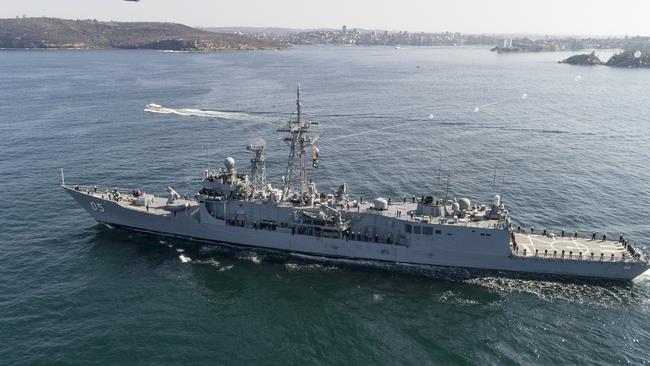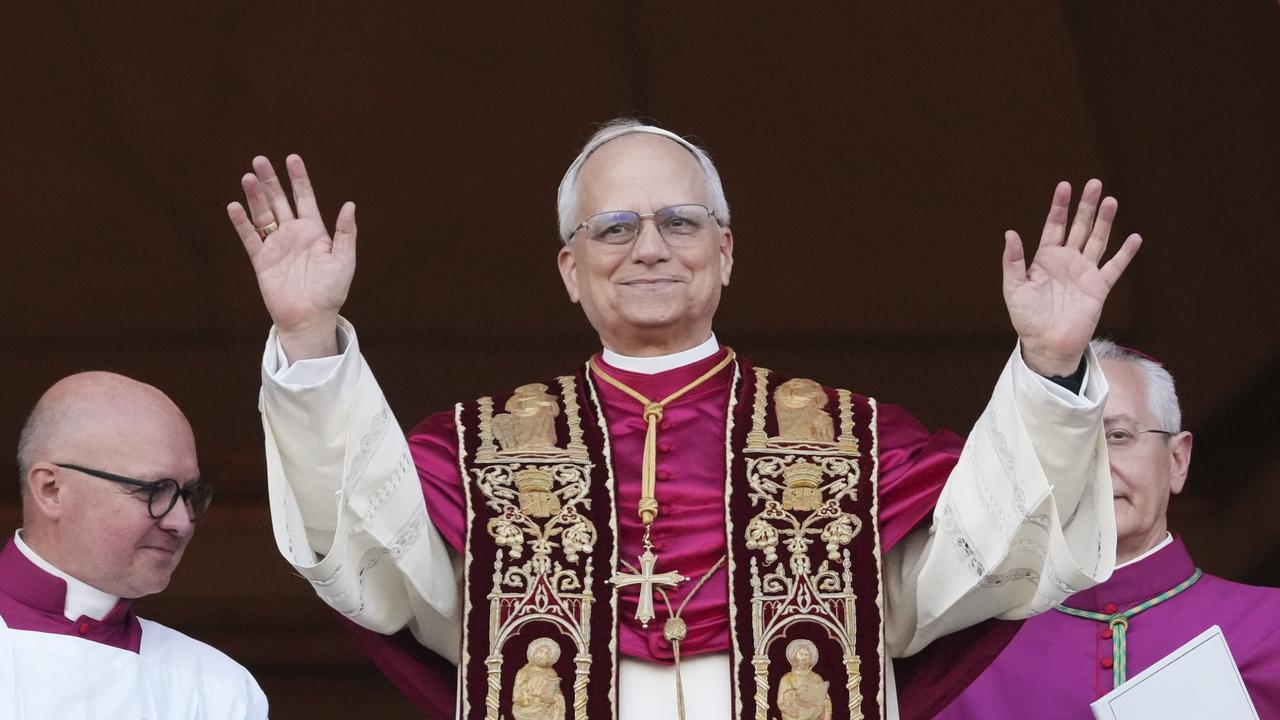
The Kurds are the most pro-Western force, outside Israel and Lebanon’s Maronites, in the entire Middle East. Some time ago I wrote a series on the persecution of Christians. Syrian Christians told me of fleeing for their lives from Islamic State. They fled to Kurdish areas. The Kurds are Muslims and they provided safe haven for the Christians. They were also the most effective fighters against Islamic State.
They are long allies of the West. Betraying them is not only morally wrong, it grievously hurts US credibility. Bob Carr is surely right to argue that every Asian ally of the US has watched this episode and taken on its lessons. Often with Trump, there is method inside the chaos. This time there seems to be only chaos inside the chaos.
The Americans have often behaved with magnificent heroism towards allies but sometimes they have abandoned allies. The Hmong hill tribes of Laos threw in their lot with the Americans during the Vietnam War and paid grievously. The Hmong suffered a partial genocide and now the Hmong community in the US is as third as big as the Hmong population in Laos.
This does not mean we should abandon the US alliance. Rather, we need to work across US politics. Trump’s action was heavily criticised by his most supportive Republican backers. We also need to work across Asia more energetically. Above all, we must provide for our own security.
Which brings us to the important speech made by Defence Minister Linda Reynolds this week to the Navy Sea Power conference. It was a good speech and Reynolds has started off well in her portfolio.
But it is worth highlighting three of her key statements. First: “We are investing in this new naval capability because we must.” Second: the 2016 defence white paper “underestimated the speed of that change” (to our strategic circumstances). And third: “By 2035 we expect around 300 submarines to be active in our region.”
Reynolds’s speech was unusually candid. She deserves thanks for this. However, the inescapable conclusion is that we are not remotely acting to provide for our own security. Despite our rhetoric, we don’t take ourselves seriously.
The 2016 white paper outlined all kinds of challenges and negative developments for Australian security, yet we are sticking to the grievously elongated, slow timeframe for acquiring new weapons capabilities. If our circumstances have got worse, how come our response is just do the same? And that strategic deterioration is without factoring in any question of whether the US will in all circumstances honour our alliance.
Don’t get me wrong. I believe the US will honour its alliance with Australia. Betraying Australia and all the formal treaty obligations would be an infinitely bigger change for the US than betraying the Kurds. But the unspoken truth of our national security posture is that our only realistic policy is to curry favour with the Americans and hope they look after us.
Otherwise it does not make sense that we identify a grievously worsening strategic outlook but do nothing about it. We don’t get the first of our new frigates until late next decade. And we don’t get the first of our new French-built submarines until after 2035.
That year 2035 is telling. Reynolds says by then there will be 300 subs operating in our region. Assuming we have extended the life of all six Collins-class subs, by then we will confront that highly militarised environment of 300 subs, with just seven subs of our own, six of which will be museum pieces. So we face 300 with one new sub.
Since the end of the Vietnam War, Australia has never built any war-fighting capability. We produce high-quality niche capabilities in tiny numbers to slot in as ancillary forces as part of bigger American formations. Nothing more than that.
I can remember, going back to the days of the Keating government, asking a senior defence planner and policymaker whether we should build three more Collins subs, as Kim Beazley wanted us to, to take the total from six to nine. Nine subs are vastly more than 50 per cent more effective than six subs. No, the wise old mandarin said, we shouldn’t do that because it was time to look at the next generation of subs.
Good grief. That was almost 30 years ago and we are still more than 15 years away from getting the first of our new subs into service. The Defence Minister’s statements do not logically cohere. How can we be embarking on a new naval capability “because we must”, yet this action that we must take doesn’t yield any real military consequences until the late 2030s or 40s? In fact, we won’t have all of our new subs until the mid-50s.
The truth is we need a much bigger defence effort and it is probably politically necessary, and economically useful, to tie this to a growing Australian manufacturing industry. But the whole effort must be much bigger.
Reynolds also speaks of the importance of sea control. But even our new force, fully assembled, will not be able to exert sea control except in our coastal approaches.
The range of the F35s is just too short. Air-to-air refuellers can extend their range but are very vulnerable. You can use them only in a safe environment, which means you can exert sea control only if you have an environment uncontested by a hi-tech adversary. You can exert sea control only when you don’t need to.
You could exert sea control as part of a US operation. Nobody could support the US alliance more than I do, but Australians should be aware that everything we do, every bit of security we hope to enjoy, is entirely dependent on the Americans.
I had the pleasure of interviewing the chairman of Naval Group, Herve Guillou, this week. He told me the Chinese at their peak are building a submarine every three months. At our peak, we can produce one white paper or its equivalent every three years. It’s not enough.




Donald Trump’s decision, later partly rescinded, to abandon the Kurds in northern Syria was chaotic and dishonourable, even if it embodied instincts that reflect the US President’s core views, such as bringing the troops home and having a smaller military presence in the Middle East. These instincts are not wholly bad and probably pretty popular in the electorate. Even withdrawing US troops is defensible so long as it is done in an orderly way and doesn’t disadvantage key US allies such as the Kurds.